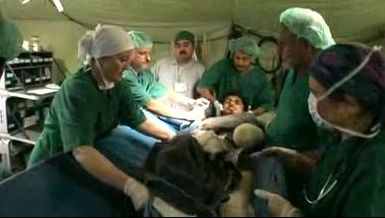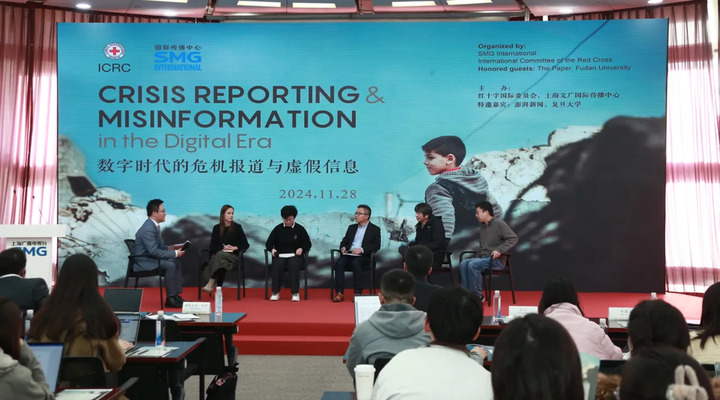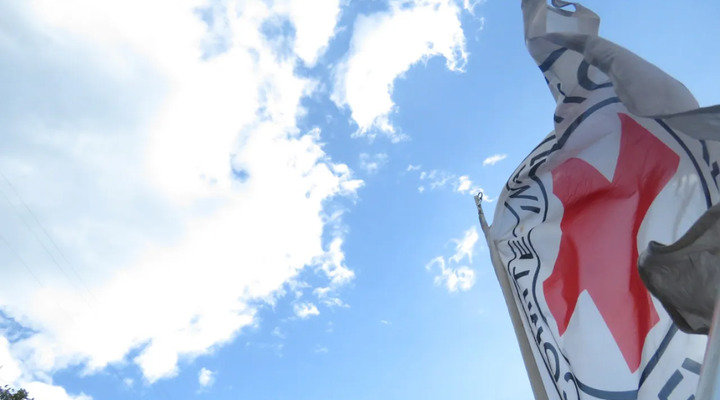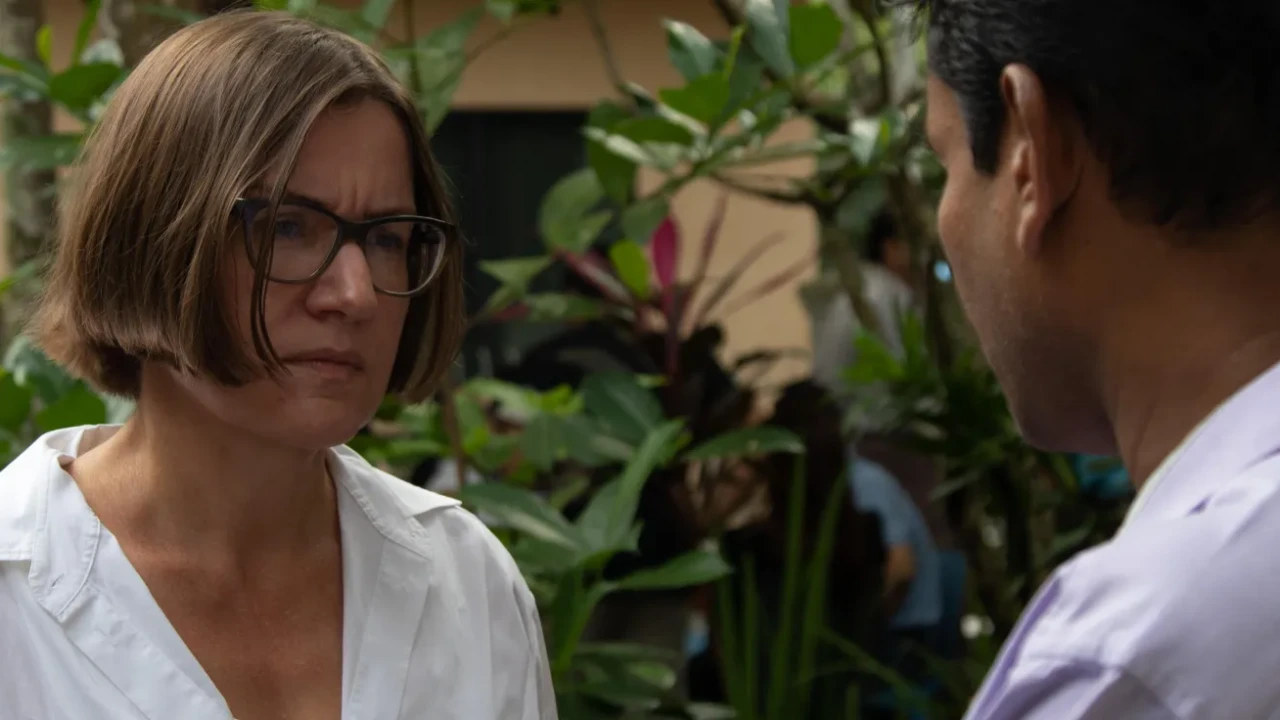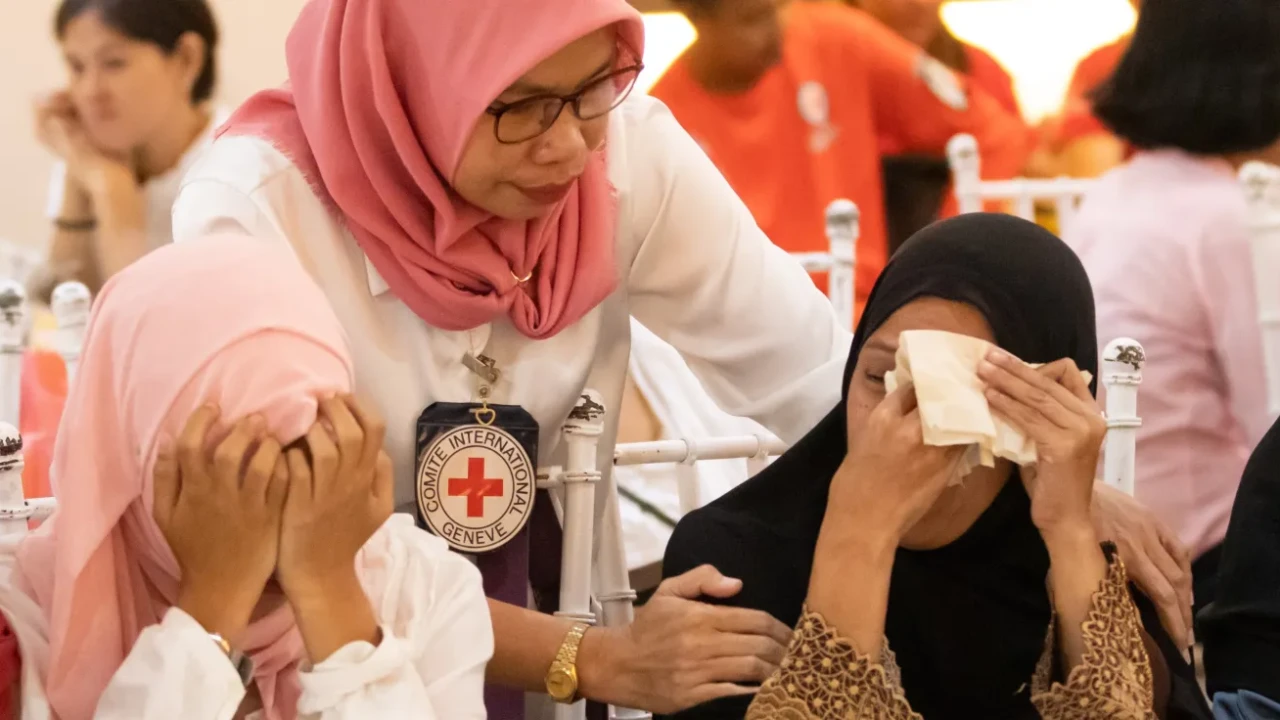Pakistan: ICRC opens surgical hospital in NWF
The ICRC Surgical Hospital for Weapon Wounded patients, a 60 bed, tented field hospital, will be formally opened in Peshawar, north-west Pakistan on 29 April. The hospital has been set up to treat the increasing number of people injured as a result of armed conflict in FATA (Federally Administered Tribal Areas) and NWFP (North-West Frontier Province). The Hospital will be opened by ICRC President Jacob Kellenberger, who is visiting the region to see for himself the extent to which civilian lives are endangered by the growing conflict in the area.
In recent months the armed conflict in the north of Pakistan's North West Frontier Province has forced many people to flee their homes. Since the upturn in fighting between the authorities and armed groups in Bajaur Agency, North West Pakistan in August last year, the number of patients suffering bomb blast, shrapnel and bullet wounds has increased by over a third. The ICRC is extremely concerned that civilians are bearing the brunt of the conflict, with many being killed, maimed and deprived of adequate medical treatment because of fighting and insecurity.
The ICRC's tented hospital in Peshawar was set up in February to provide urgent surgery and follow-up treatment for those injured in the conflict. " There is no discrimination... whether it is a fighter or civilian, no matter from which ethnic group he is coming from, he is a patient for us," says Dr Adnan Jamal, a Pakistani doctor working at the hospital.
Among the patients currently being treated is 10 year old Alina from Darra Adam Khel town in Khyber Agency. Two months ago, she was hit by shrapnel when a bomb exploded as she was going out to play with friends outside her home. One child was killed outright, while Alina was seriously injured. Following surgery to remove shrapnel from her legs, she is now on the mend and will be able to return home soon.
10 year old Nasir Ali, who has a badly broken leg, has to stay another month at the hospital before he can go home to his village in Bajaur Agency. He has been at the field hospital since February. He was caught in a bomb blast in November 2008 which killed his 9 year old sister who was sleeping in the same bed.
Some of the patients in the tented hospital, like Gul Shahdaara, need treatment for long-standing injuries. She lost her leg in a bomb explosion two years ago and has had an operation so that she can be fitted with an artificial leg.
Without the Field Hospital, many patients would have died or been left more seriously disabled. Most cannot afford to pay the fees of private clinics, while medical facilities in areas where the conflict is at its worst, do not have the experience or skills to treat the complex injuries caused by bombs and bullets.
The field hospital, which is fully equipped with 6 wards, an operating theatre, X ray, physiotherapy and intensive care facilities, has been provided by the Finnish Red Cross. However, it is a temporary solution, allowing staff to give immediate care to the growing number of wounded patients. "The tent is not the proper solution for this hospital ... we need a concrete building," says Sabahat Gillani, ICRC Assistant Project Manager at the field hospital.
The ICRC is expanding its work to treat the increasing flow of weapon-wounded from the conflict along the Pakistan-Afghan border, and has more than doubled its budget in Pakistan from 24.1 million Swiss francs to 52.6 million for the coming year.
SHOTLIST ATTACHED
